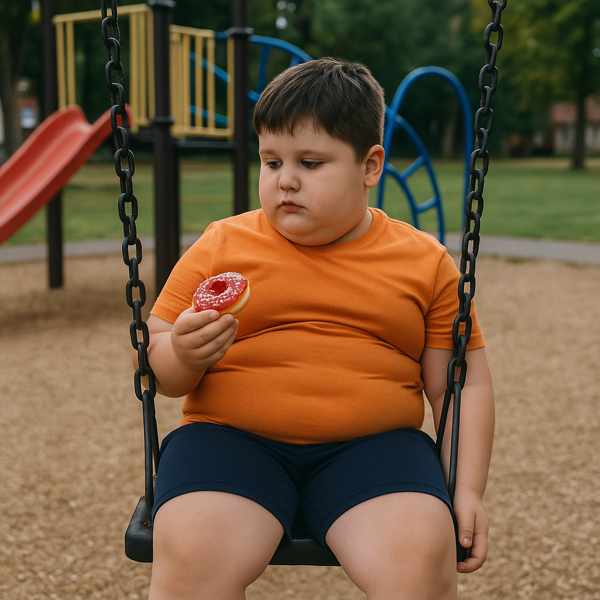Understanding and Managing Weight Gain in Kids
Understanding and Managing Weight Gain in Kids
Blog Article

Childhood obesity is becoming a growing concern in many parts of the world.
Helping children achieve a healthy weight involves creating lifelong habits, not strict dieting or quick fixes.
Understanding Childhood Weight Gain
Children may gain weight due to a combination of factors, such as:
- Too much screen time, not enough movement
- Unbalanced diets
- Food used as comfort or reward
- Lack of sleep
Addressing the root causes helps create long-term solutions.
Signs Your Child May Need Help
Look for:
- Especially without growth spurts
- Low energy or reluctance to be active
- May feel self-conscious or tired
- Secretive snacking, constant hunger, or skipping meals
Always consult a pediatrician before making major changes.
Helping Kids Build a Balanced Lifestyle
Start with small, sustainable shifts like:
- Family meals with home-cooked food
- Adding more fruits and veggies to their plate
- Cut hidden sugars from drinks
- Dancing, biking, playing outdoors
Make changes together so your child feels supported, not singled out.
Making Movement Fun
Ideas include:
- Increases daily steps naturally
- Setting screen time limits
- Builds skills and confidence
- Turn health into a game
The goal is consistency and enjoyment—not perfection.
Fostering Confidence
Kids need:
- Praise effort, not appearance
- A focus on health, not thinness
- Open conversations about food and emotions
- No matter their shape or size
When kids feel good emotionally, they’re more likely to make healthy choices.
When to Get Professional Help
It may be time to talk to a specialist if:
- You’re not sure what’s safe or age-appropriate
- Could indicate deeper struggles
- Medical issues may be involved
- Support makes the journey easier
Conclusion
Weight loss for kids is not about restriction—it’s here about guiding positive routines.
Start small, stay kind, and focus on health, not numbers. Report this page